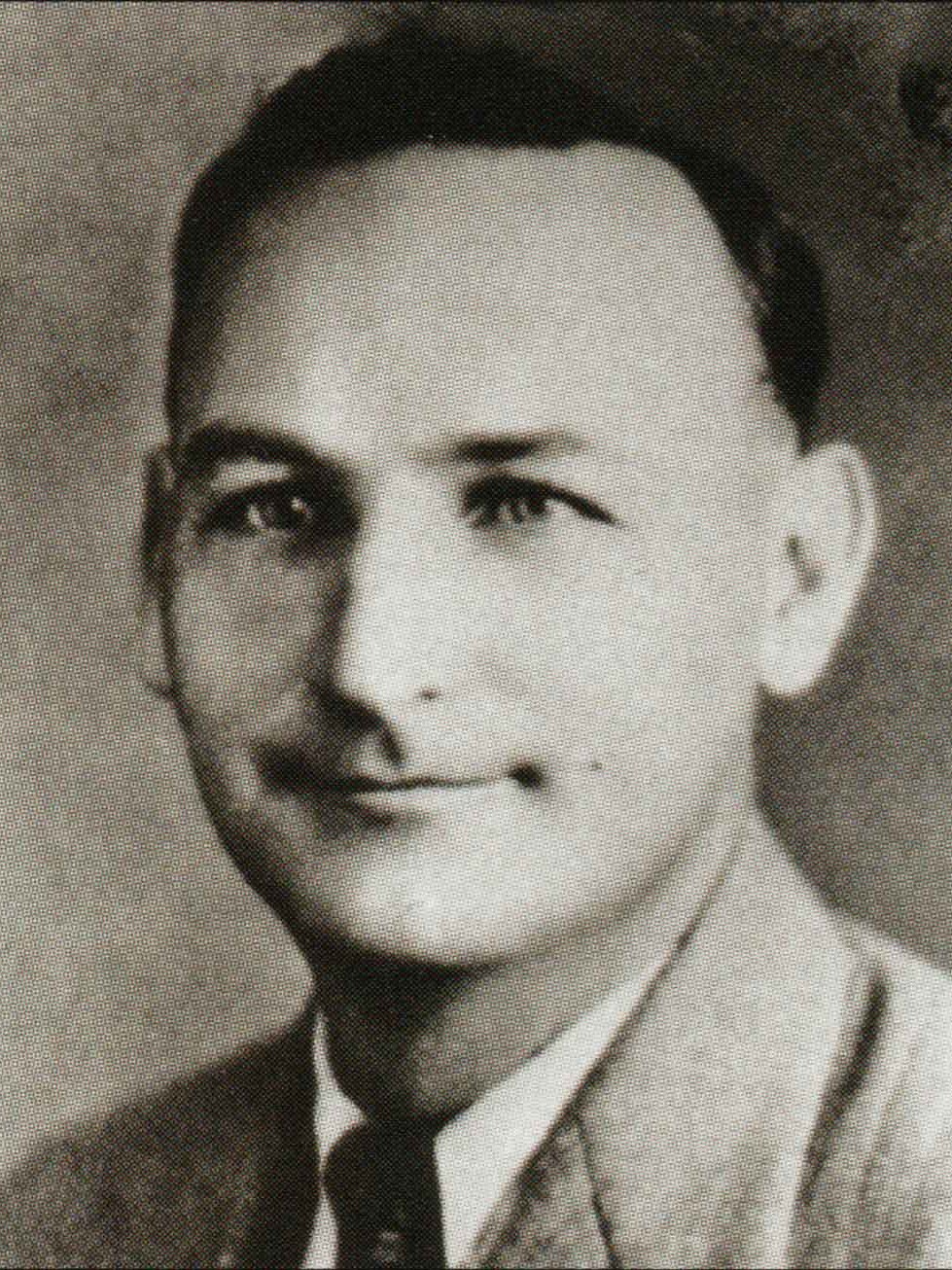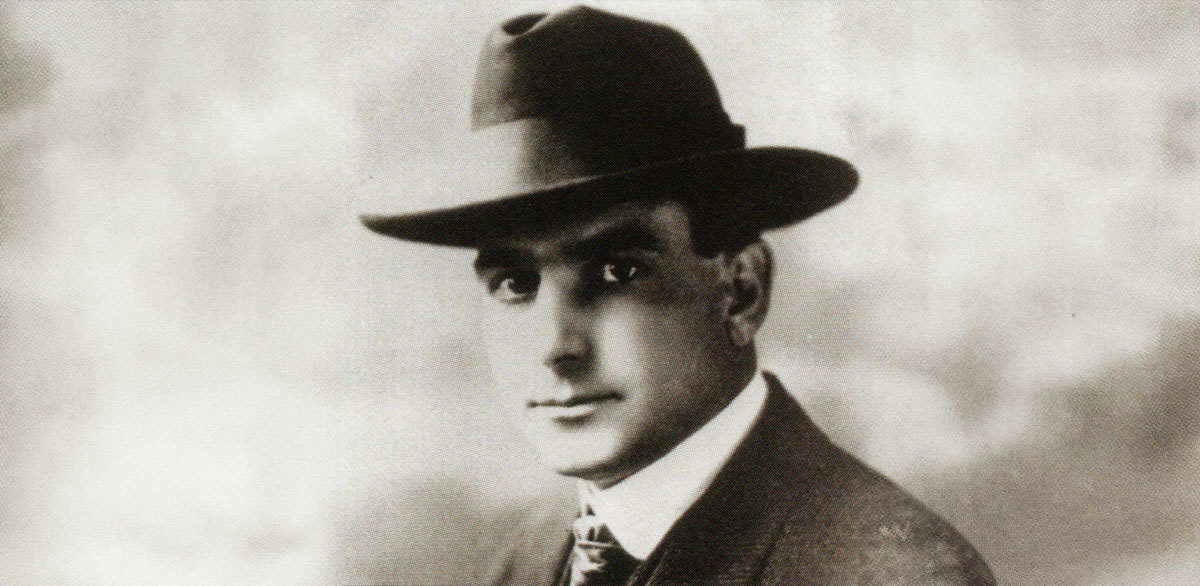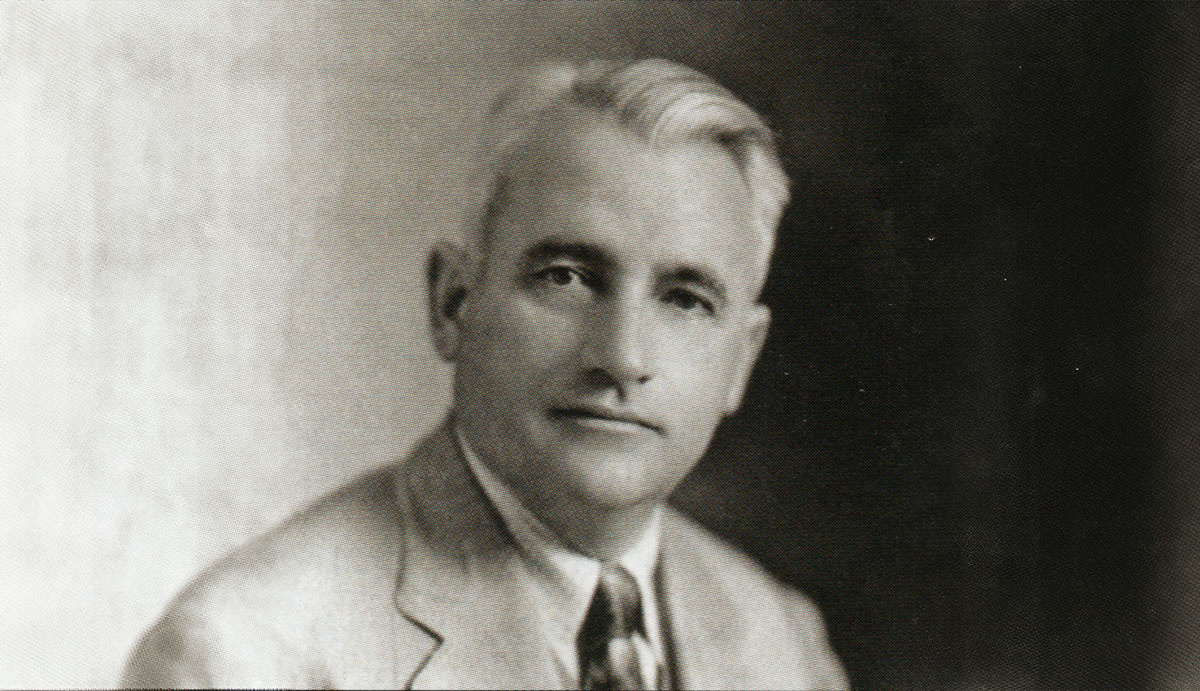Sheriff Edgar Ferguson Cooper was born in Coronado, February 12, 1889, and was a graduate of San Diego High School. He studied law most of his career, but never took the Bar.
He started with the Sheriff’s Office as a young man in 1911 under Sheriff Fred Jennings, became Chief Deputy under Ralph Conklin, and was appointed Undersheriff by Sheriff James Byers in 1918.
Sheriff James C. Byers leaped to his death from his hospital bed on April 29, 1929, following apparently successful surgery for appendicitis.
Undersheriff Edgar Cooper automatically assumed the role of Sheriff, although he had previously submitted his resignation, to be effective on April 30th – the day after Sheriff Byers’ death. Cooper had decided to leave public service and enter private business. When Sheriff Byers died and the Supervisors appointed him Sheriff, he decided to remain in public service.
Upon taking office, Sheriff Cooper requested that the 500 or more “special” and “honorary” deputies of Sheriff Byers report to the Sheriff’s Office if they wish to be reappointed. These appointments were bank and other special officers and watchmen, as well as honorary deputies.
Cooper was a Mason, a Shriner, a Knight Templar, an Elk, a Forester, a Knight of Pythias, and a member of the Native Sons. He was President of the California State Sheriff’s Association.
In 1929, Cooper and the Board of Supervisors pushed for establishment of a San Diego Jail “Road Camp” in Borego (sic) Valley. This would be established where defendants could “… work on county roads, a small wage accruing to the benefit of the respective families.”
In December 1929, after the Board of Supervisors ordered removal of the historic hitching posts around the courthouse, Sheriff Cooper pointed out that while the “horse and buggy days” may be over, the Sheriff’s job still has to deal with livestock, issuing a “Lost, Strayed or Stolen” circular to find a Jersey cow missing in Vista.
In August 1932, a “peeping tom” peered into the wrong house. He looked into Sheriff Cooper’s home at 1219 West Lewis Street, causing Mrs. Cooper to call to her husband. Sheriff Cooper got his gun and pursued the “peeper”, firing a shot as the man drove away. The “peeper” surrendered to police an hour later figuring his license number had been seen.
In September 1932, Cooper led raids on five gambling establishments in the City. Shortly before the raids, Sheriff Cooper shook up the SDSO by suspending and dismissing senior Deputies on the vice and homicide squads, and brought in W.D. (“Pop”) Gardner from the National City Police Department to take over the homicide squad.
Papers in 1932 reported allegations that the City of San Diego was “wide open” for gambling. After the Sheriff’s raids and closing several gambling dens, the then Chief of Police asked for a list of the known gambling establishments, but Sheriff Cooper refused to provide the Chief with the list, and the Sheriff reported that at a “gangster meeting” meeting previously, the Chief had said his “hands were tied” with respect to enforcement of gambling laws in the city.
In the 1934 elections, six of the seven other candidates for the office of Sheriff, who were eliminated in the primaries, all announced they would support Cooper for re-election as Sheriff. However, despite the support of the local papers and prominent people, Sheriff Cooper was defeated by Ernest Dort.
In 1938, he announced his candidacy for Sheriff again, giving his credentials as “I enter the sheriff’s office at the age of 21, serving 4 years as deputy, 3 years as chief deputy, 11 years as undersheriff and 5 years and 8 months as sheriff.” (sic) Again he was defeated by Dort.
Sheriff Cooper died in San Diego on November 23, 1962. He was survived by his widow, Talitha (also Toletha) Rollberg Cooper, four daughters (Evelyn, June, Mavis Ione, and Bonnie Kay), and one son (Edgar Jr.).




